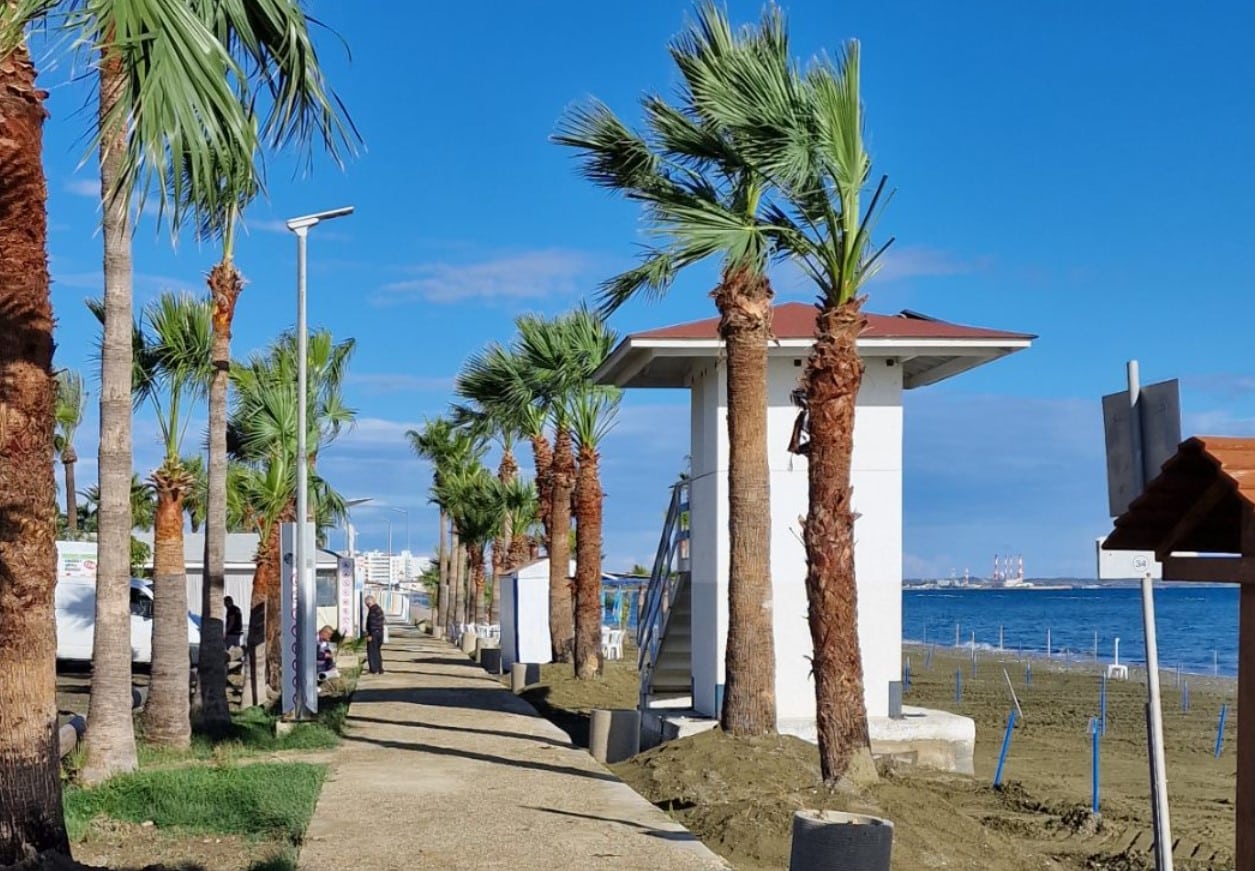Mining company Venus Minerals has noted that a recent study by archaeologists at the University of Gothenburg has revealed that a village in Larnaca was one of the most important copper trading hubs of the Late Bronze Age.
The study, which was published in the Journal of Archaeological Science, highlights that the strategic location and abundant copper reserves of Hala Sultan Tekke in present-day Larnaca made it a key trading hub during the first period of international trade in the Mediterranean between 1500–1150 BC.
The excavations showed that the village was bigger than previously thought and that extensive copper production took place, including the use of smelting furnaces, cast moulds, and slag.
“The ore from which the copper was extracted was brought into the city from mines in the nearby Troodos Mountains”, said Peter Fischer, leader of the excavations.
The study also revealed huge quantities of imported pottery and luxury goods made of gold, silver, ivory, and semi-precious gemstones, which show that the community’s production of copper was a trading commodity in high demand.
Demetris Constantinides, economic geologist and Board Member of Venus Minerals, noted that the study reaffirmed that Cyprus was a major producer of copper for international trade, mainly during the Late Bronze Age.
Cyprus’ long history of mining and copper resources goes back to the Chalcolithic period 3,000 years B.C.
Venus Minerals noted that it is at the forefront of the revival of Cyprus’ esteemed mining tradition, with a portfolio of projects in the Troodos region and involvement in the development of Cyprus’ first new copper deposit since the early 90s, at Apliki.
According to a report released on Monday by the Cyprus Statistical Service (Cystat), there was a notable increase of 75.6 per cent in total motor vehicle registrations in March 2023 compared to the same month last year.
Additionally, vehicle registrations in the first quarter of 2023 saw a rise of nearly 30 per cent, with used cars making up 51.5 per cent of the total.
The report reveals that in March 2023, the total registrations of motor vehicles increased by 75.6 per cent to 4,270, compared to 2,431 in March 2022.
Moreover, passenger saloon car registrations in March 2023 also rose by 83.0 per cent to 3,484 from 1,904 in the same month the previous year.
In the period of January-March 2023, the total number of registered vehicles increased by 29.5 per cent to 10,193, compared to 7,872 in the same period of 2022.
Passenger saloon car registrations increased by 29.5 per cent to 8,264 from 6,382 in the corresponding period of 2022.
Among the total passenger saloon cars, 4,009 (48.5 per cent) were new and 4,255 (51.5 per cent) were used cars.
What is more, rental cars saw a significant increase of 33.6 per cent to 1,168, while bus registrations declined to 21 from 36 in January-March 2022.
Registrations of goods transport vehicles also increased by 25.8 per cent to 1,029 in January-March 2023, compared to 818 in the same period of 2022.
Light trucks increased by 23.3 per cent to 793, heavy trucks by 72.6 per cent to 145, and road tractors (trailers) by 141.7 per cent to 29. However, rental vehicles decreased by 21.5 per cent to 62.
Moped registrations under 50cc fell to 28 in January-March 2023, compared to 73 in the same period of 2022, while motorcycle registrations under 50cc increased by 50.4 per cent to 722 in January-March 2023, compared to 480 in the same period of 2022.
The annual general meeting of the Association of Cyprus International Financial Firms (ACIFF), which was held last week, centred on the challenges faced by the financial sector in the technological age.
According to an announcement, Cyprus’ upgraded regulatory frameworks and cybersecurity were at the forefront of the discussion with dozens of delegates attending the online event.
ACIFF is the largest Cypriot association that represents regulated financial companies and firms, with the aim of developing the sector, supporting its members and the role of regulatory authorities.
The meeting included speeches from the Chairman of the Capital Market Commission, Giorgos Theocharides, as well as the President of ACIFF and CEO of the MAP S. Platis Group, Dimitris Taxitaris.
Moreover, cybersecurity and the digital resilience of businesses were highlighted by professor of finance and risk management at the University of Cyprus Andreas Milidonis, and the special advisor of ACIFF and CEO of QuadPrime, Pantelis Angelides.
Finally, Taxitaris stressed the need for continuous effort and vigilance to strengthen compliance in financial risk management and warned that “cyber risks are among the most important issues facing the financial sector globally”.






Click here to change your cookie preferences